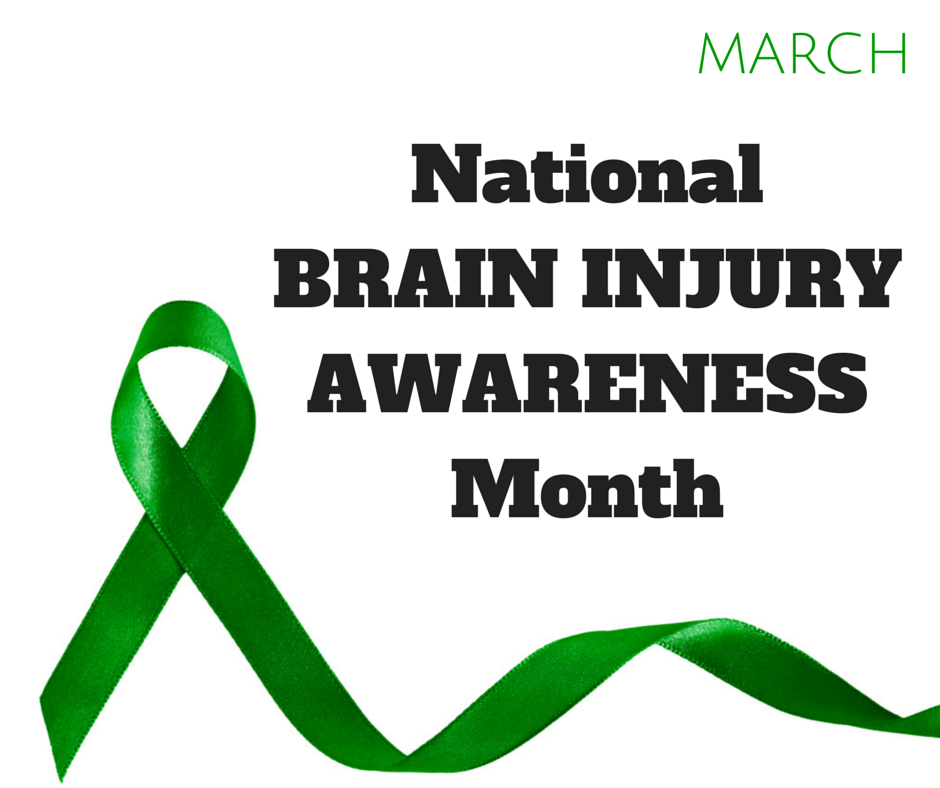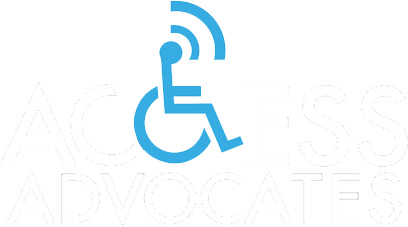 Are you wearing a green ribbon?
Are you wearing a green ribbon?
If you are, then you may already know that March is National Brain Injury Awareness month. According to the Brain Injury Association of America (BIAA), the theme for the month is: Not Alone.
Activities during National Brain Injury Awareness month are designed to educate Americans about the causes and prevalence of brain injury, discuss the needs of people with brain injuries and reduce stigma around this all-too-prevalent form of disability.
WHAT IS TRAUMATIC BRAIN INJURY (TBI)?
A TBI is caused by a bump, blow or jolt to the head or a penetrating head injury that disrupts the normal function of the brain. Not all blows or jolts to the head result in a TBI. The severity of a TBI may range from “mild,” i.e., a brief change in mental status or consciousness to “severe,” i.e., an extended period of unconsciousness or amnesia after the injury. (Center for Disease Control)
HOW COMMON IS TBI?
CDC data shows that around 1.7 million people experience a traumatic brain injury each year. About 75% of those are in the form of a concussion or mild TBI. The people most likely to sustain a brain injury are children (age 0 to 4), adolescents (age 15 to 19) and adults age 65 and older. Approximately 5.3 million people live with some form of disability-related brain injury.
WHAT KINDS OF DISABILITIES DO PEOPLE WITH TBI EXPERIENCE?
Brain injury can affect people physically, mentally and/or emotionally. Sometimes the disability is outwardly visible, but many times it is not. A person with TBI may need aid in hearing, seeing, talking, walking, eating, reading and learning.
People with TBI can run into many types of obstacles, including:
- Buildings that lack wheelchair access (if they use a wheelchair or motorized wheelchair);
- Stairs without railings (some people with TBI have problems with balance);
- Lack of access to public transportation that accommodates their needs.
At Access Advocates, we honor those seeking to bring awareness to Traumatic Brain Injury. If you have experienced a barrier to building accessibility because of TBI or any other disability, you are not alone.
Access Advocates is your resource in bringing non-compliant buildings into compliance. Our simple step-by-step method takes you through the process, with a caring advocate at your side. In addition, our services are free to people with disabilities. Contact us for more information.
